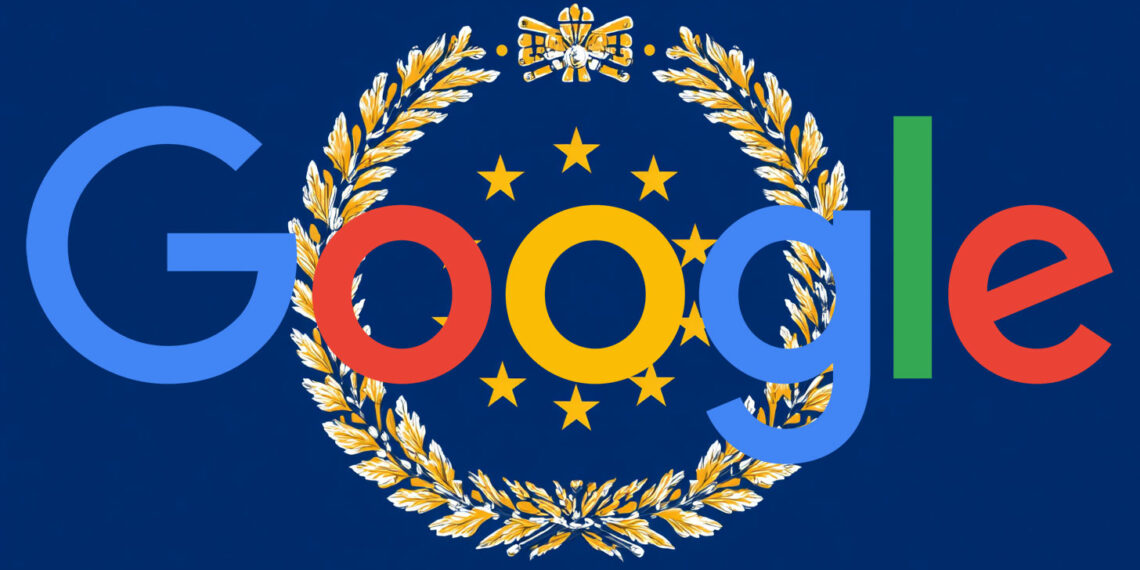Select Language:
Google has sent out an email and posted an update regarding upcoming changes to its Political Content Policy for Google Ads, specifically affecting the European Union (EU). These updates are set to take effect in September 2025.
The policy now introduces regional restrictions for the EU, restricting certain political advertisements on Google platforms. Ads from, for, or on behalf of political actors—unless they are purely private or commercial—will be limited. Additionally, advertisements intended to influence election outcomes, referendums, voting behaviors, legislative, or regulatory processes at any governmental level will be prohibited.
According to EU Regulation 2024/900, a political actor includes:
– Political parties or entities directly or indirectly affiliated with them
– Political alliances
– European political parties
– Candidates for or holders of elected offices at EU, national, regional, or local levels, including leadership within political parties
– Members of EU institutions (excluding the Court of Justice, European Central Bank, and Court of Auditors), or government officials at various levels within member states
– Political campaign organizations established solely to influence election or referendum results
– Individuals or legal entities acting on behalf of any of these persons or organizations, promoting political objectives
Ads featuring any of the following will not be allowed:
– Political parties, coalitions, current officeholders, or candidates for the EU Parliament or national elections within an EU member state
– Referendum questions, campaign groups, or calls to vote related to national or regional referendums on sovereignty
However, certain messages will be permitted if approved through a specific application process. These include:
– Official communications from Member State or EU authorities that only inform about electoral or referendum processes, candidacy announcements, or promote participation, provided they do not influence outcomes
– Public information from government bodies or the EU, including statements from government officials, as long as they do not aim to sway the result of elections or referendums or influence voting behavior
Starting mid-August 2025, advertisers must declare whether they plan to run political ads aligned with these policies. Selecting “Yes” will apply restrictions once the new rules are active in September.
Furthermore, the EU Political Ads Transparency Report will be discontinued in September 2025, but previously disclosed EU Election Ads will continue to be accessible in the Ads Transparency Center, subject to data retention policies. Advertiser accounts that have completed verification for EU Election Ads will be transitioned into the Google Advertiser Verification program.
Google emphasizes that violations of the Political Content Policy will not trigger immediate account suspensions. Instead, warnings will be issued at least seven days before any suspension action.







